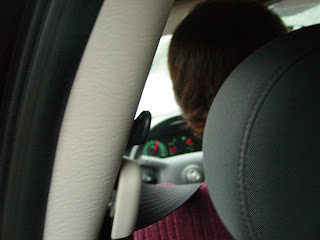Now this is good news . . .
Robert Trivers has been awarded the prestigious Crafoord Prize in Biosciences for 2007 by the Royal Swedish Academy of Sciences. This is a great honor and is worth $500,000.
Dr. Trivers, along with E.O. Wilson, is one of the intellectual progenitors of contemporary evolutionary psychology and sociobiology. He asked questions about the evolution of social behaviors in animals when it really wasn't cool to do so, in the ealry 1970's. His ideas seem to have built the major theoritical basis, for which much important work now lays upon, especially his ideas concerning the evolution of conflict, cooperation and parental investment. He is being awarded specifically on his hypotheses about social insects:
"He predicted that the workers in an ant community, which are always female, may be expected to invest three times the amount of resources in bringing up their sisters than their brothers. When Trivers later investigated the situation in reality, the results indicated that he had been right, which later research also confirmed."Last year, I had the fortune of hearing Trivers give a talk. The biology department at my undergraduate institution, Virginia Commonwealth University, has a Darwin Day nearly every year or so, on or near Darwin's birthday. There's usually some good speakers and/or activities, and best of all . . . it's free and open to the public.
I had previously graduated, but wanted to take a year off before going into graduate school, so I worked at the university in a survey research lab. And by chance, I saw in my university email that Robert Trivers would be one of the speakers for the 2006 Darwin Day. Needless to say, I was ecstatic! I mean, to me, he was like . . . somewhere between a god and a celebrity. So there was no way that I would have missed that.
His talk was pretty interesting. It was about the evolution of dance and symmetry in Jamaican students. He had pretty neat videos of dancers, with the actual person replaced by a computerized image. I believe that his basic argument was that symmetry in people (as in arms of the same length, eyes same distance away from nose, etc.) could predict dancing ability, academic acheivement, health outcomes and attractiveness. I think he describes some of this research on his homepage. Pretty interesting stuff.
From what I remember, he had an intriguing personality. He was funny, but also seemed tough. When he came into the room, I saw that he was wearing a cowboy hat, a leather jacket, a white dress shirt, jeans and boots. I thought to myself . . . "man, this guy is cool."
Congratulations on the award Dr. Trivers!


No comments:
Post a Comment